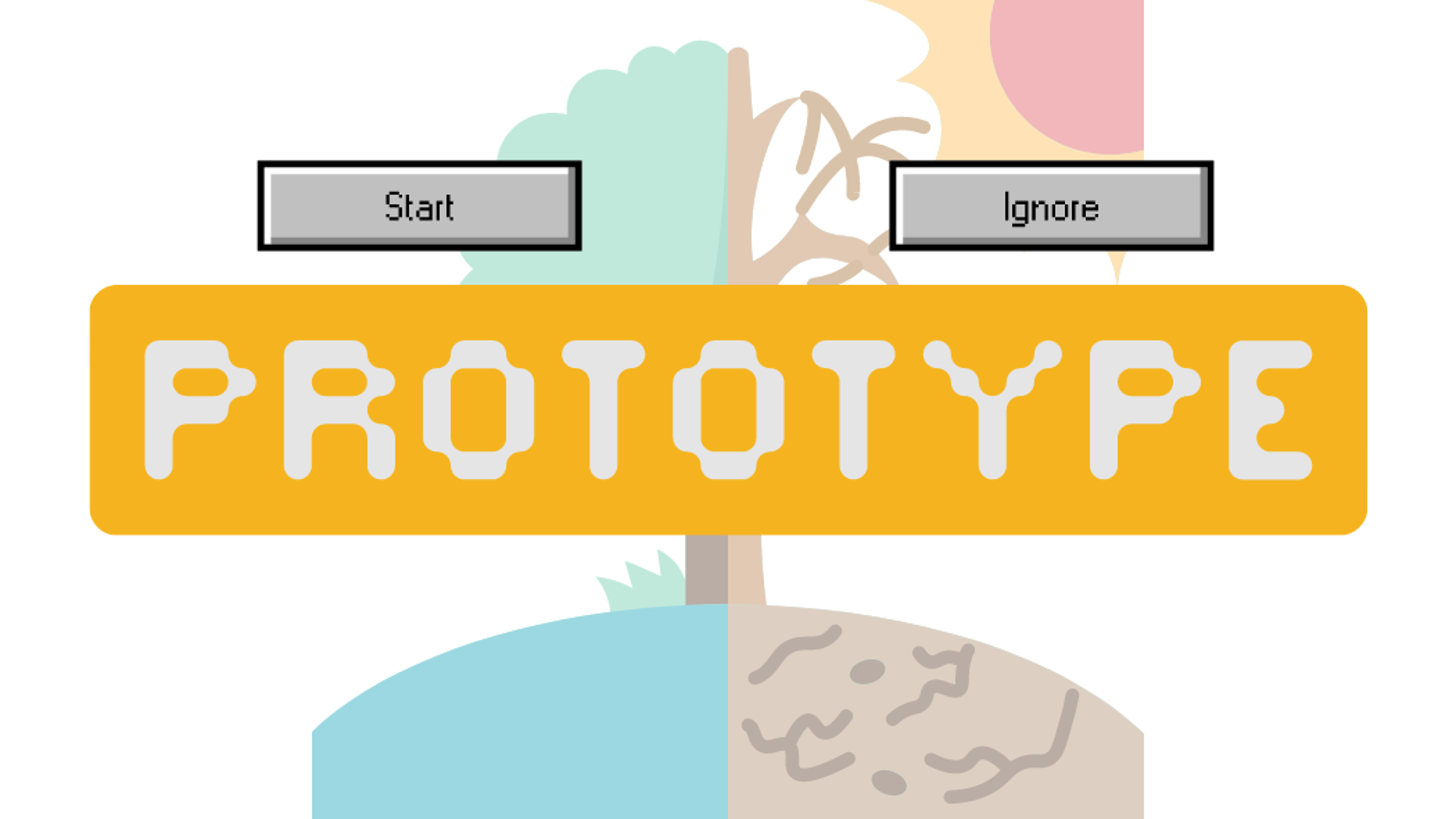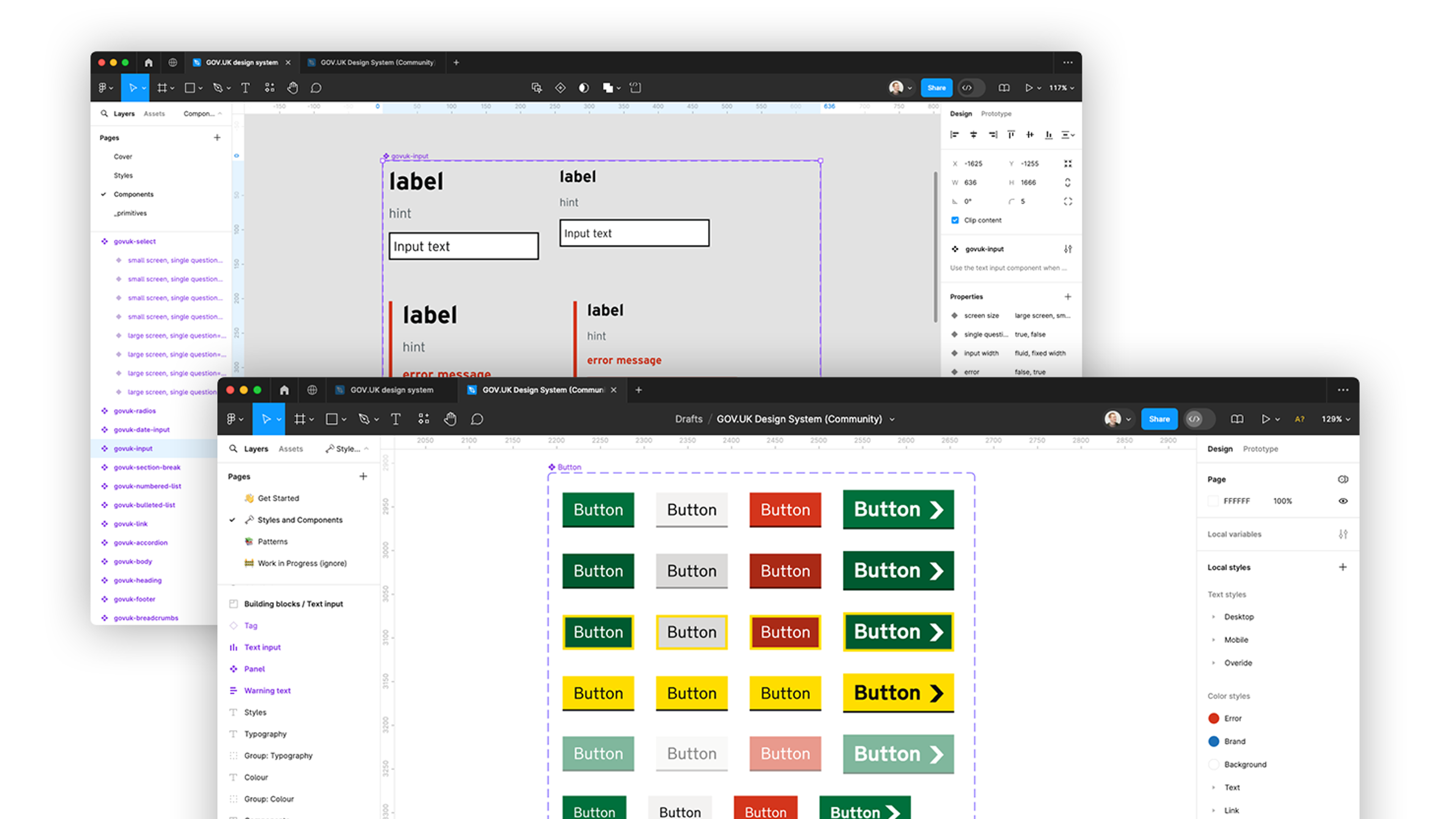Does your Website Suffer from the Vuvuzela Effect?
If you have no idea what a vuvuzela is, I’m hazarding a guess that you don’t follow football. Switch on any broadcast of the 2010 World Cup and the first thing you hear is the blaring, persistent, invasive drone of what sounds like thousands of cheap plastic horns being raspberried into deafeningly by thousands of untrained lips all at the same time.
Which is what it is.
The vuvuzela is a monotone plastic trumpet adopted by football fans from all nations for the tournament in South Africa. The problem is that no matter what you try to perform on your particular horn, once more than a handful of people are farting away at the same time, the result is a constant, thunderous drone.
It does not rise and fall with the action. It does not rally one team against the other. It does not start a chain reaction or provoke a response from other fans.
It just drones.
What happened to roaring? Chants and counter-chants? Silence? Yells of relief? Rattles, whistles and airhorns? The end result of a thousand people blowing the same trumpet is a continual buzz that deafens the crowd and distracts the teams.
How your website can sound different
Your website makes a sound. It has a voice. Every piece of text that a visitor sees on your site she forms into internal sounds for comprehension. The more she has to read, the more noise you generate in her head.
Many websites fall into the vuvuzela trap. They try to say too much. They try to emphasise every point to the detriment of all. They give instructions or explanations for every little thing.
The end result is an ear-splitting racket where nothing stands out and visitors quickly switch off. Here's how to avoid the vuvuzela effect on your website:
1) Contrast
Resist the temptation to put copy on every page, or instructions for every action. If some pages absolutely must be read, let others rely on the graphical elements to get their message across. Where possible, show, don’t tell.
The paradox is that the more you explain, the less is understood. Why? Because people stop reading. Don’t blow your horn ever harder. Stop, and let them think.
Frame your copy with plenty of room, use fonts that are easy on the eye, well spaced, large, and high contrast.
Then, like an eye-catching football banner or a spur-of-the-moment chant, have a small handful of items that stand out from the rest. They could be offers, vital information, or your calls to action – the important thing is that only a few are emphasised.
What is the one thing you want each page on your website to do? Emphasise that. And nothing else.
2) Uniqueness
The vuvuzelas sound the same, whichever fans are wielding them, all of the time. But footballers want their fans to be singing their songs, responding to their movement on the pitch, cheering them alone toward victory.
Put some thought into what makes your business unique and reflect that on your website. Not just in what you offer but in how you sound. Even the smallest tweaks to the microcopy on your site can create a voice that people are not used to hearing online – friendly, honest, cheeky, elite, earthy, funny, suave – just anything but over-confident and corporate.
There is a Portsmouth Football Club supporter in England who has become famous for standing at the games ringing a hand bell. Why does he get the attention? Because it sounds good? No. Because no one else is doing it.
3) Serve the end goal
It remains to be seen whether the vuvuzelas have a detrimental impact on teams’ performances. Portugal’s Ronaldo has said, ‘It is difficult for anyone on the pitch to concentrate … A lot of players don’t like them’.
The point is this: remember what the goal of your website is, and create a voice and experience that leads directly to it. It may be tempting to get sidetracked into justifying your company, or write ego-boosting press releases, but if these things do not lead the site to succeeding – then cut them out.
Finally, if you really can’t do anything about the sound of the vuvuzelas don't worry – you could always sell earplugs instead.
Originally published on SmyWord.com
Ready to solve your problems?
We'll help meet the challenges facing your growing business. Get in touch and tell us what you need, the team can't wait to hear from you.
Contact us![2295X1200 Social Media [ All ] 01](https://fluent-umbraco-hwduaufvc9h8gbad.uksouth-01.azurewebsites.net/media/scujluzj/2295x1200-social-media-all-01.jpg?width=3840&height=2160&quality=70&format=Webp)

